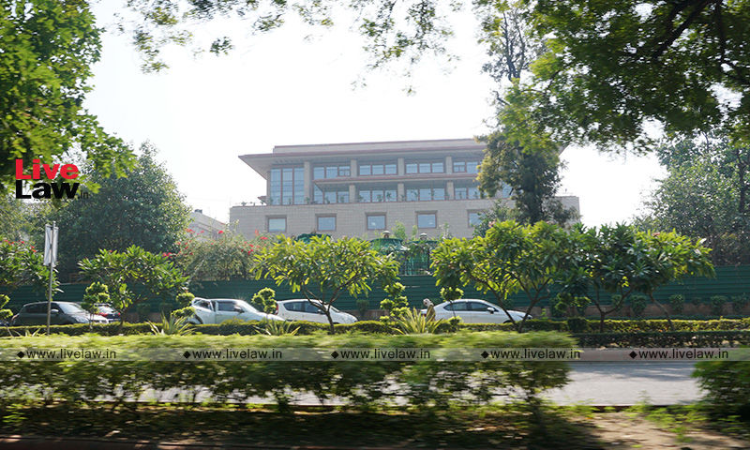Even If The Principal Agreement Is Non-Existent, The Arbitration Clause Would Still Apply: Delhi High Court
Parina Katyal
13 July 2022 7:45 PM IST

Next Story
13 July 2022 7:45 PM IST
The Delhi High Court has ruled that even if the principal agreement is non-existent, the arbitration clause contained therein would still apply. The Single Bench of Justice V. Kameswar Rao observed that since the issue of limitation and arbitrability was not conclusive against the party, the issue was amenable to the jurisdiction of the Arbitral Tribunal. The petitioner...
